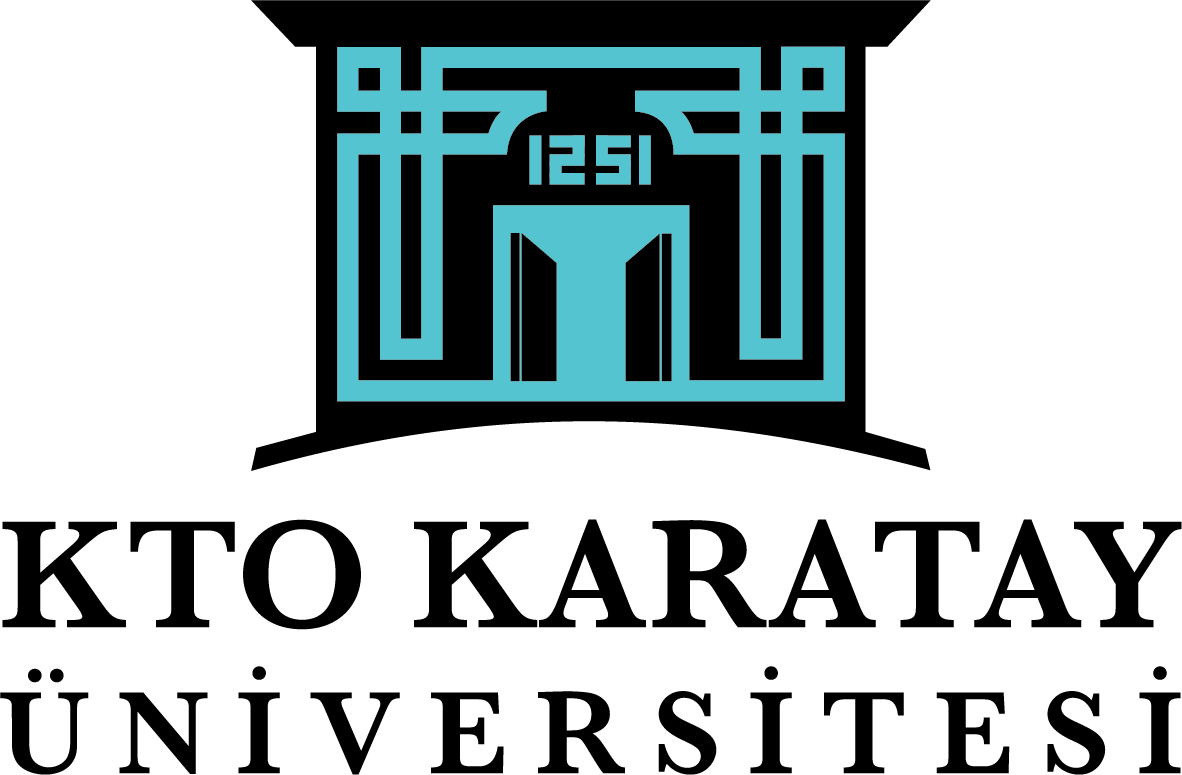| dc.description.abstract | The regeneration of the disturbed ecologic balance is difficult, sometimes impossible. In this respect, provision of
environmental protection-utilization balance is possible with all participation of the societies.
Balanced and constant progress is a developmental style that targets the needs of today’s generation without
jeopardizing the possibilities that future generations will have. In Turkey, within the framework of development objectives
and principles of sustainable developments, efforts to combat climate change are being carried out by considering social,
economic and environmental indicators, water and energy resources, bio-diversity and geographical position.
The climate change, in terms of sustainable development and continuity of ecosystem, is a big challenge for all
countries. Turkey participates in global climate change efforts jointly defined in the light of objective and scientific findings,
in line with sustainable development policies, with the principle of common but differentiated responsibilities and within the
framework of the specific conditions of our country.
When we look at Turkey’s position against possible effects of climate change; Turkey is among the countries in the risk
group in terms of potential impacts, and the importance of socio-economic and environmental impacts of climate change in
Turkey also emerges. Therefore; Turkey is necessary to link country action plans to broader national environmental
management and sustainable development frameworks.
When development plan, program and policies are analyzed at the national level, in the document of National Climate
Change Strategy, there are direct targets, whereas several sectors and institutions have indirect targets in their strategies. In
the decision documents such as Regional planning policies, agriculture strategy, rural development strategy, Forest Strategy,
Biological Diversity Strategy, Energy Strategy, Industry Strategy; in the fight against climate change especially in the fields
of energy, agriculture, forestry, transportation, industry and waste sectors, many policies and measures have been put into
practice.
While the impacts of climate change in Turkey may be a serious threat in the future, it should never be overlooked that
it will bring opportunities when well planned.
In Turkey, there are many opportunities for waste management, extraction secondary raw materials and energy from
waste.
Innovation is the key of the economic growth, increased employment and quality of life.
Besides avoiding waste of resources, in order to increase life standard and to cope with emerging energy crises; and
waste which is a commercial commodity must be valued by using appropriate methods with the innovation studies within the
waste management. | en_US |















